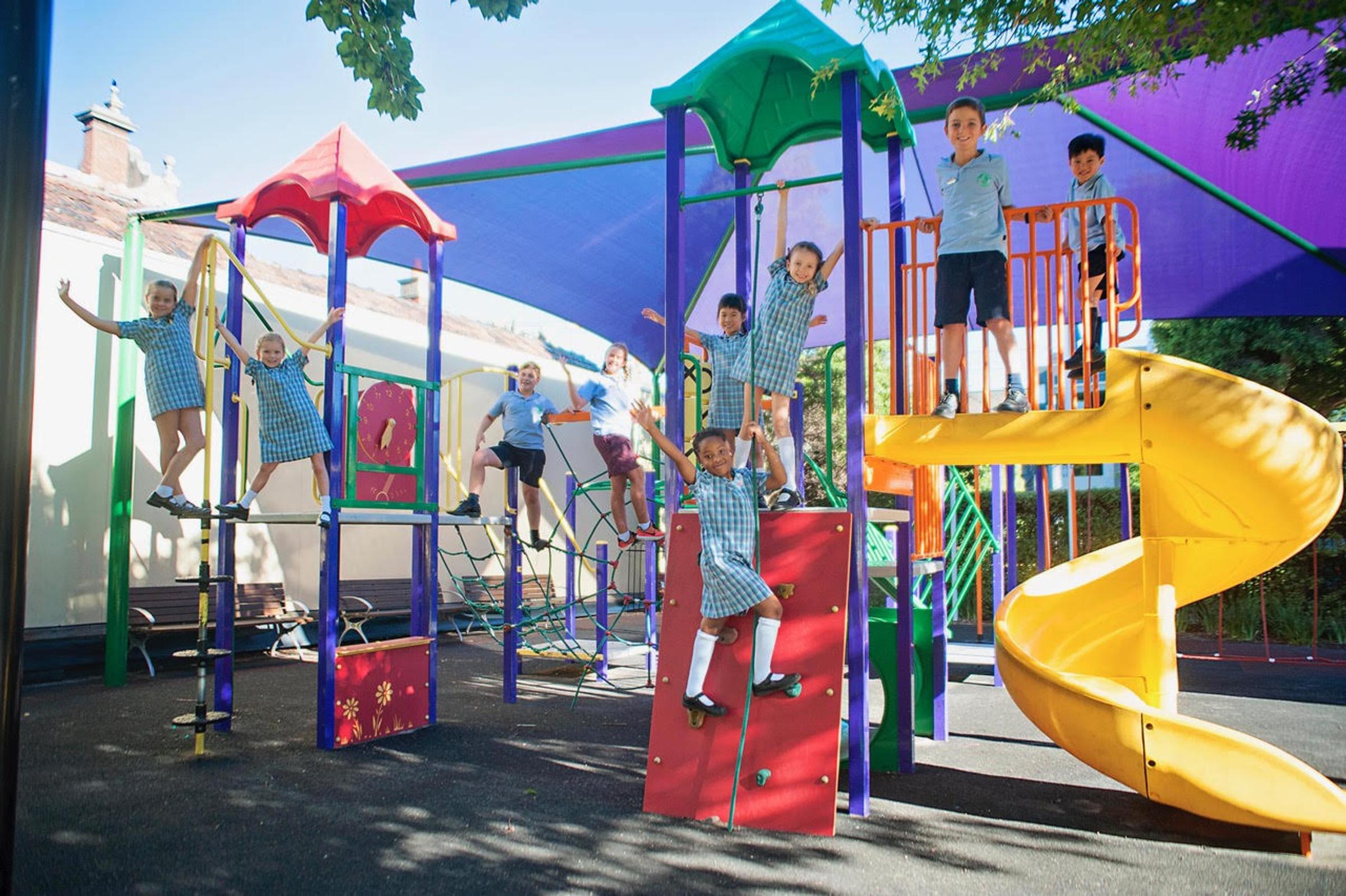Wellbeing & Diversity

Engaging our Children at Home
A child’s early years before they start school (0-4 years) are fundamental to shaping their life chances. Research clearly shows that what parents do at home matters; it is crucial for brain development, readiness for school and for learning throughout life. Children do better at school if they start well - successful transition to school leads to better attendance, adjustment, engagement and achievement. Parents play the most important role as a child’s first teacher in these foundation years and throughout life.
Many things which families do so that children thrive help their learning as well – healthy eating, being active and showing affection. Parents have the biggest impact on children’s learning when they help children to believe in themselves and to enjoy learning new things. Children learn by doing, through touching, tasting, smelling, seeing and hearing and through sharing their understanding of these things with others – playing and talking!
Tip 1: Use play and fun ways of getting children involved everyday • Use lots of different fun language - play name games, sing, recite names, play nonsense rhymes • Use things in the home to build experiences for touch, taste, and smell and talk about colour, smell, and shape. For example, how an orange is round, how an orange smells, how it feels outside and inside its peel, how it can be cut into pieces, how it tastes etc • You can try stringing beads, playing with clay or play dough, cutting with scissors and drawing with crayons to help children develop the skills they need for holding pencils and writing • Play ball games, run, jump, skip, and hop. Go out where children have lots of room to run, can explore and climb safely, and can play with different things like water, sand, sticks and stones • Use creative games like making up stories, pretending to be different people or characters, dress ups and puppet shows for fun, make believe play.
Tip 2: Talk! Talk! Talk! • Talk about everyday things as you do them at home – sorting the washing, setting the dinner table, writing the shopping list. Point out things you see when out in the car, shopping or walking in the park. Talk about street signs, patterns, numbers on houses or cars, plants and animals. Play ‘I Spy’ together • It doesn’t matter if children don’t talk back at first, eventually they will! You can also start to ask questions like ‘which sock goes with this one?’ and ‘how many plates do we need on the table?’ Older children can then get involved in activities like sorting the washing, or writing and reading the shopping list.
Tip 3: Help your child develop social skills Children learn social skills by mixing with different people and trying new things with encouragement and praise. • Talk to children about things they need to learn, ways they should act in different circumstances and what is expected of them when they are at home or outside of home (e.g. at the shops, at school) • Help build independence, responsibility and skills for teamwork by involving them in shared family activities like preparing meals, setting the table, unpacking the shopping • Play team games helping them in taking turns in a game, understanding rules for a game, and resolving arguments without fighting • Provide encouragement and praise. Tell them what they are good at. Tell them when you are proud of them. Thank them for their helpfulness.
Tip 4: Help your child develop thinking and problem solving skills • Talk about everyday things at home and their colour, shape and size. Match and label items e.g. a breakfast cereal in a bowl - the bowl is round, is red, is heavy, is light etc • Particular toys and games help develop these skills such as constructing a block tower, following directions in a game, doing a puzzle, matching shapes and pictures, and stringing beads in a repetitive pattern • Discuss ideas and opinions. For example, talk to children about and encourage children to make decisions themselves about what to wear in different weather and for different types of outings • Allow children to make mistakes and to learn. Help children solve problems themselves – when something happens or goes wrong, ask them ‘what should we do?’
(from ACT Government fact sheet: Progressing Parental Engagement).
Intervention Programmes at Galilee
Currently at Galilee, we run various intervention programmes for our children, including programmes in Number, Spelling, Reading and Social Skills, as well as Speech and Occupational Therapy. Through these programmes, we have achieved some wonderful growth in our children. In Number, we have seen growth in some of our Prep to Year 5 children from 6 months to over 2 years! This means that the children involved in the programme are demonstrating learning at an increased pace due to the intervention. In Spelling and Reading, too, significant progress is being made which boosts the children's confidence and enables them to participate more actively in their classrooms.
Our Peaceful Kids programme, introduced earlier this year to take the place of 'Social Skills', is a Mindfulness and Positive Psychology-based programme to lessen anxiety and stress and increase resilience in our children. The programme gives children the skills, practice and support to utilise coping strategies that lessen the symptoms of anxiety and stress. It helps children to build their emotional resilience so they are better equipped to deal with the day to day stresses that life brings them.
Thank you to the many parents who have provided feedback regarding all our programmes. We welcome it always, as we strive to provide effective interventions for each and every child in our school. Thank you also to our amazing support staff - our Learning Support Officers, Occupational Therapist and Speech Therapist - who work diligently to support the children in their learning in so many ways.
